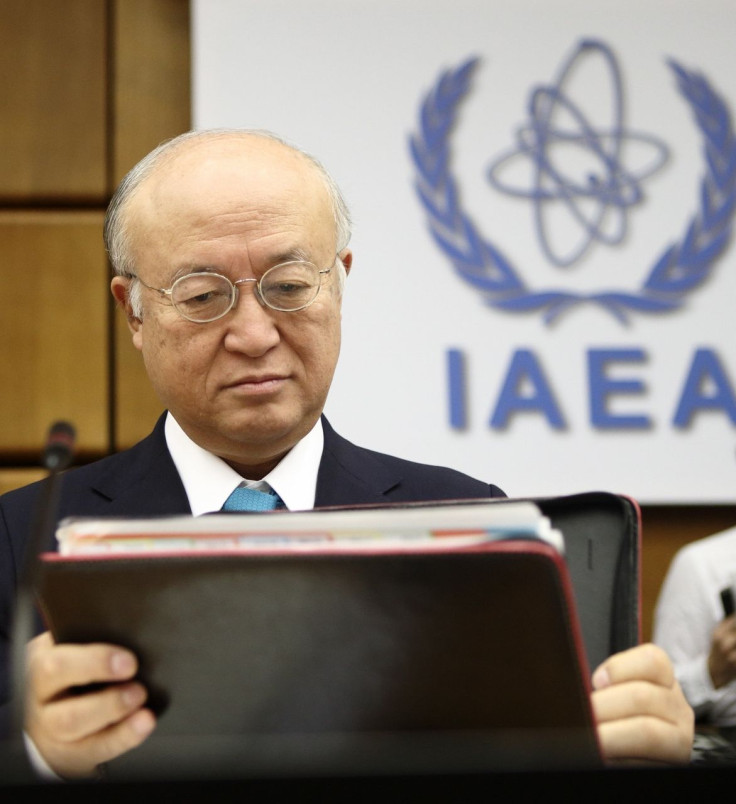IAEA Chief Urges Govts To Ensure Safety Of Respective Nuclear Facilities From Potential Terror Attacks

Yukiya Amano, director-general of the International Atomic Energy Agency, or IAEA, said no nuclear facility is safe from terrorists. Judging from how France got attacked in the first week of January 2015, the scenario could always be replicated anywhere. The most terrifying if it’s done in areas where a nuclear facility exists.
In a lecture in Singapore on Monday, Amano said the scenario of terrorists capturing and using a nuclear facility as leverage to promote their cause could most happen “in countries where security is weak.” Without naming a specific country, he warned global governments “not to let their guard down” at any single time.
He noted threats hurled by terrorists against nuclear power plants or facilities already by itself poses grave danger. He said the country that does not heed such potential terrorist sabotage or attacks “is the most dangerous country.” It is thus important that global government always and ensure steady cooperation and coordination “because terrorists always target the weak link."
In the same forum, Amano said the centre of global nuclear energy expansion has now shifted to Asia, in what seemed to be a confirmation that despite the March 2011 Fukushima nuclear accident in Japan and the resulting wave of nuclear facility shutdowns in a number of countries, the use of nuclear power will be here to stay. Although the world saw a slowdown in the construction of nuclear power plants after the disastrous meltdown of Soviet nuclear reactor in Chernobyl in 1986, "the use of nuclear power will continue to expand, but the centre of the expansion has shifted to Asia. This is a big difference," he said.
Asia has about two thirds of the 69 nuclear reactors currently under construction around the world. There are about 439 nuclear reactors in operation around the world, according to IAEA data.
In July 2014, media reports flaunted that UN Secretary-General Ban Ki-moon received a letter from Iraq's United Nations Ambassador Mohamed Ali Alhakim about the extremists capturing 40 kilogrammes of uranium compounds kept at Mosul University.






